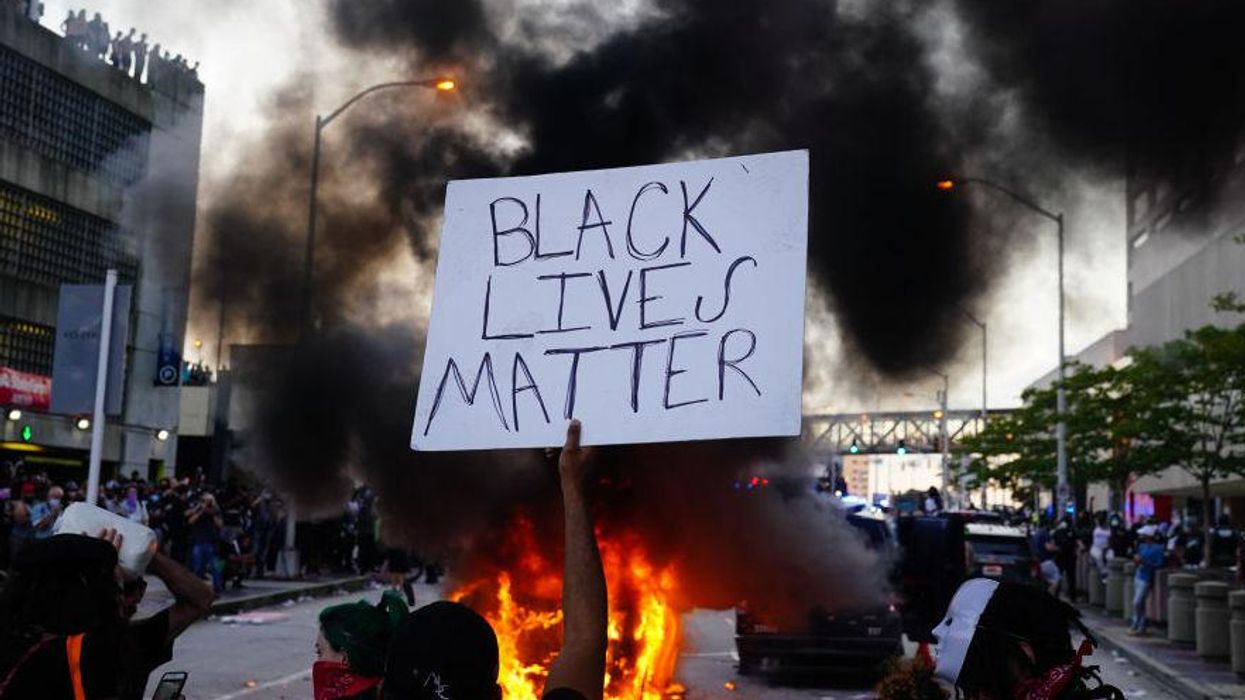
Elijah Nouvelage/Getty Images

'We are potentially setting precedent'
A Chicago suburb has officially become the first city in America to offer reparations to black residents.
The city council of Evanston, Illinois, approved Monday the first part of its plan to make financial amends for its past racial transgressions.
In an 8-1 vote, the city approved using $400,000 to provide black residents with $25,000 grants to help with home ownership.
Black residents who are eligible must "have lived in or been a direct descendant of a Black person who lived in Evanston between 1919 to 1969 and who suffered discrimination in housing because of city ordinances, policies or practices," the Associated Press reported.
However, as the New York Times noted, the city does not "have the authority to give direct payments to residents without leaving them with a tax burden; under the housing program, grants are paid directly to banks or businesses."
The city of Evanston adopted its reparations plan — the "Commitment to End Structural Racism and Achieve Racial Equity" — in 2019. The city will pay for reparations using tax revenue collected from a 3% municipal tax on recreational marijuana.
The city plans to distribute $10 million in reparations over 10 years.
According to U.S. census data, the population of Evanston is 17% black. The overwhelmingly majority, 59%, is white, while 12% is Hispanic and 9% is Asian.
Surprisingly, the city's reparation plan — specifically, the first phase of the program that targets homeowners — has been criticized as not going far enough.
In fact, some critics claim what the city approved Monday is not really reparations at all.
"It's detrimental to the larger movement of reparations," Sebastian Nalls, a Purdue University student who unsuccessfully ran for Evanston mayor, told the Times.
"Because media and municipalities will take this program at face value and they will use it as a blueprint. Giving $400,000 to 16 Black people in a town of 12,000 Black residents is not reparation," Nalls explained.
Cicely Fleming, the lone council member who voted against the plan on Monday, similarly said, "I want to be clear, I 100 percent support reparations. What I can't support is a housing program being termed as reparations. We are potentially setting precedent."
However, despite the program's critics, Ron Daniels, convener of the National African American Reparations Commission, told NBC News the program does, in fact, qualify as reparations.
"This is reparations," Daniels said. "The city of Evanston is in the process of making repairs for this special category of harm.
"We see it as a positive development when people are engaged in democratic process, but it is also important to be correct in terms of the analysis and assessment of what's actually happening," Daniels added. "But moving forward, I'm sure that the city council and key people in the community will be looking for opportunities for these new voices who have legitimate interests and legitimate concerns to become involved in the process looking at the next round of reparation proposals."